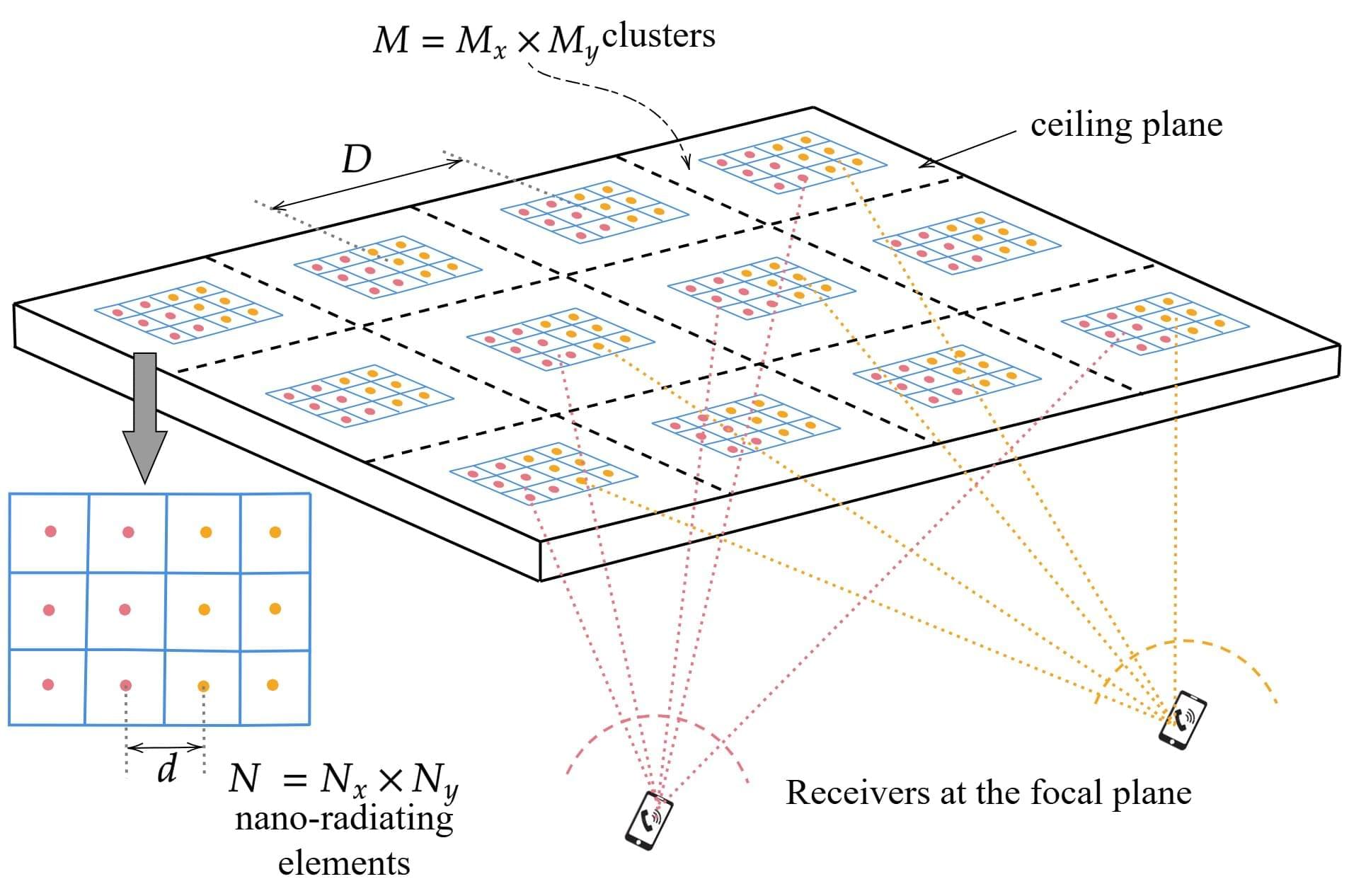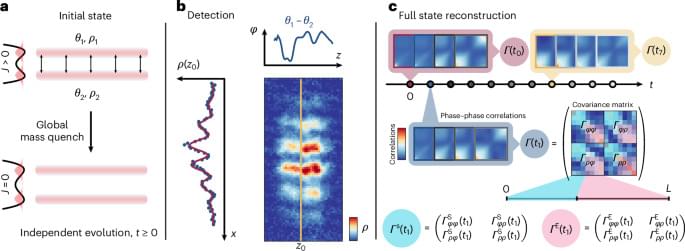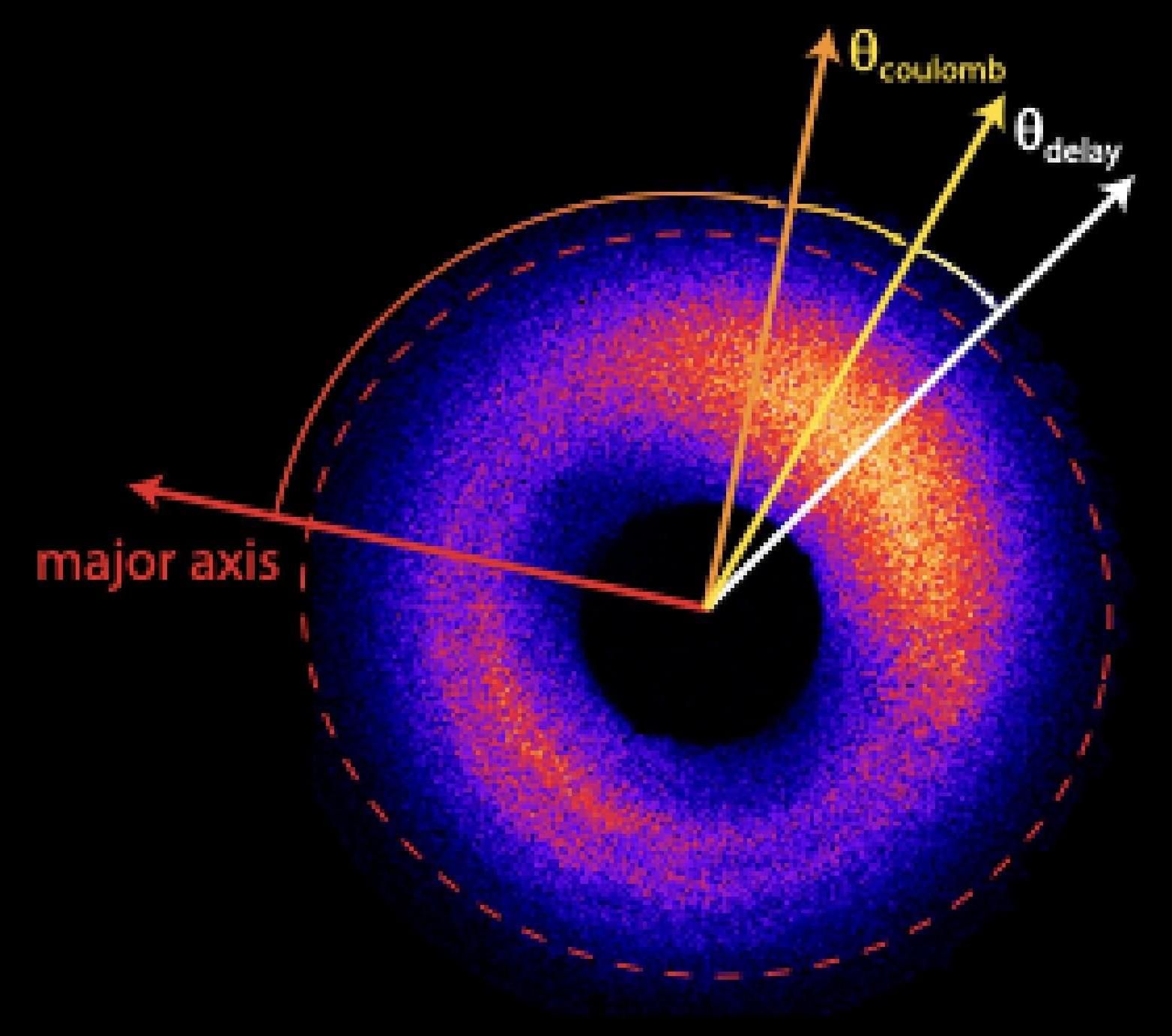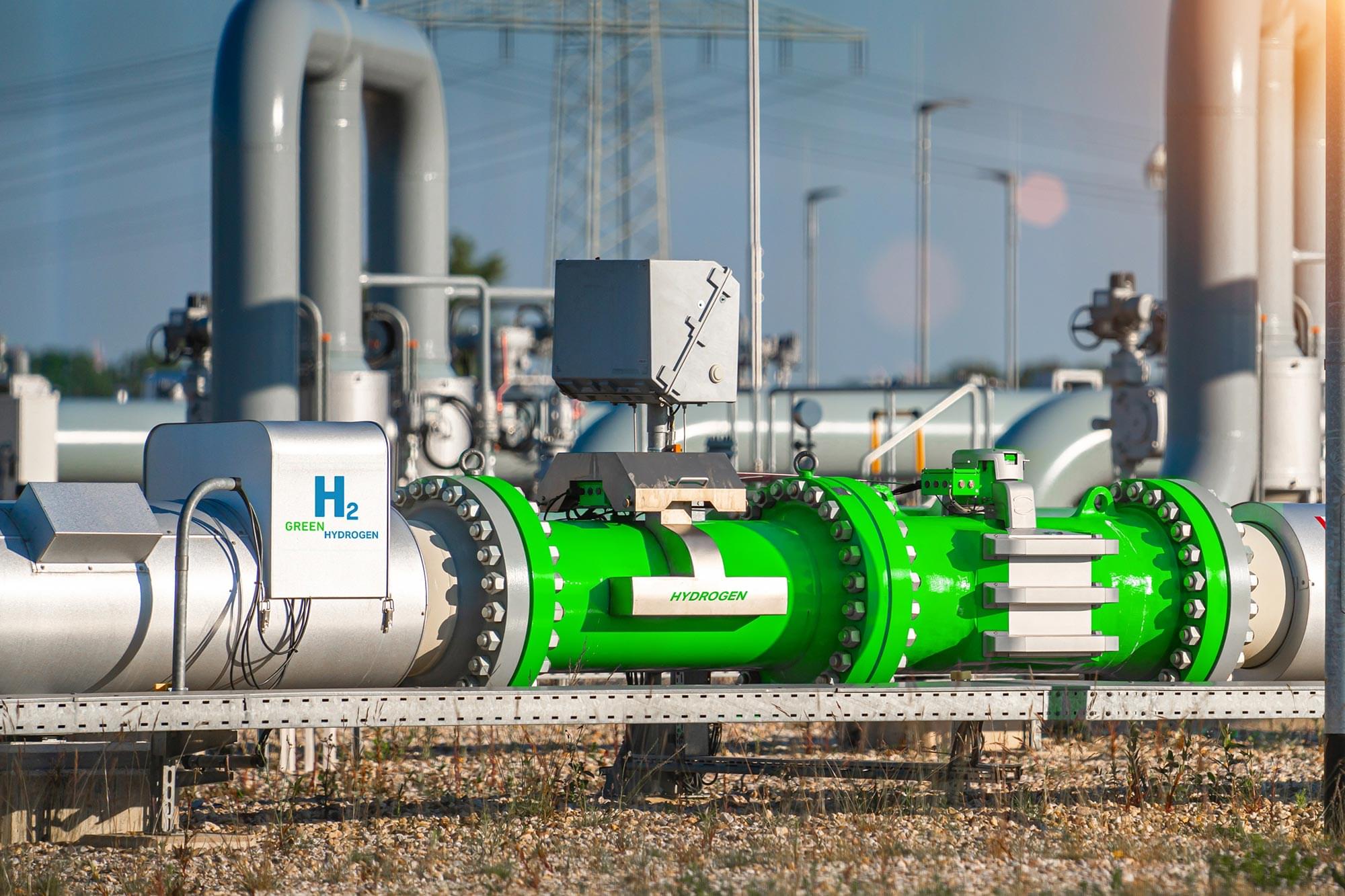How do exoplanet atmospheres form and evolve? This is what a recent study published in Nature hopes to address as a team of scientists investigated two you | Space



The harsh interstellar environment ought to destroy these carbon-rich molecules; experiments reveal their secret weapon.
Organic molecules called polycyclic aromatic hydrocarbons (PAHs) populate interstellar space and represent a major reservoir of carbon, an essential element for life. The smallest of these molecules mysteriously survive the harsh environment of space, and a research team has now explained how they do it [1]. In experiments in space-like conditions, the team showed that the molecules can use a process called recurrent fluorescence to shed some of the potentially destructive vibrational energy they receive from ultraviolet photons and molecular collisions. The results will help theorists model the dissemination of the building blocks of life throughout the cosmos.
PAHs form in dying stars and get ejected via supernovae into the interstellar medium. In 2021 they were detected in cold interstellar clouds (molecular clouds), and the JWST observatory has since confirmed widespread evidence for small PAHs at higher abundance than models predict. Small PAHs somehow survive ultraviolet radiation, molecular collisions, and other processes that trigger internal vibrations that can tear them apart.

Scientists have been analyzing certain animals living within the CEZ for years, including bacteria, rodents, and even birds. One study back in 2016 found that Eastern tree frogs (Hyla orientalis), which are usually a green color, were more commonly black within the CEZ. The biologists theorize that the frogs experienced a beneficial mutation in melanin—pigments responsible for skin color—that helped dissipate and neutralize some of the surrounding radiation.
This made scientists ponder: could something similar be happening to Chernobyl’s wild dogs?
The study uncovered that the feral dogs living near the Chernobyl Power Plant showed distinct genetic differences from dogs living only some 10 miles away in nearby Chernobyl City. While this may seem to heavily imply that these dogs have undergone some type of rapid mutation or evolution due to radiation exposure, this study is only a first step in proving that hypothesis.

Connectivity is no longer a luxury—it is the backbone of how we live, work and move through the world. From smart homes to wearable tech, we rely on strong, seamless wireless networks. But with traditional radio frequency systems like Wi-Fi and Bluetooth reaching their limits in spectrum and precision, it is time for a rethink. What if we could use light to communicate indoors—precisely, silently and efficiently?
That is the vision behind our latest research. We have developed a indoor optical wireless communication (OWC) system that uses finely focused infrared beams to deliver lightning-fast, interference-free connections—while drastically reducing energy use. Imagine a network where every device gets its own invisible beam of light, targeted like a spotlight, without the clutter and chaos of traditional wireless signals. Our research is published in the IEEE Open Journal of the Communications Society.


IN A NUTSHELL 🌞 Solar hydrogen generation could revolutionize clean energy by converting sunlight into hydrogen fuel. 💡 Researchers discovered that elevating electrolyte temperatures boosts bismuth-vanadate electrode activity by 40%. 🔍 The study provides new insights into how temperature affects solar water splitting and metal-oxide cell performance. 🚀 Advancements in this field may accelerate the

When placed under a powerful laser field (i.e., under strong-field ionization), electrons can temporarily cross the so-called quantum tunneling barrier, an energy barrier that they would typically be unable to overcome. This quantum mechanics phenomenon, known as quantum tunneling, has been the focus of numerous research studies.
Precisely measuring the exact time that an electron spends inside a quantum tunneling barrier during strong-field ionization has so far proved challenging. In recent years, physicists have developed advanced experimental tools called attoclocks, which can measure the timing of ultrafast electron dynamics and could thus help to answer this long-standing research question.
Despite their potential for measuring the tunneling time of electrons, most attoclocks developed to date have had significant limitations and have been unable to yield reliable and conclusive measurements. In a recent paper published in Physical Review Letters, researchers at Wayne State University and Sorbonne University introduced a new attoclock technique that leverages the carrier-envelope phase (CEP), the offset between the peak of a laser’s pulse’s envelope and its oscillating field, to collect more precise tunneling time measurements.


This wireless desk can power almost your entire PC, no cables or batteries needed.